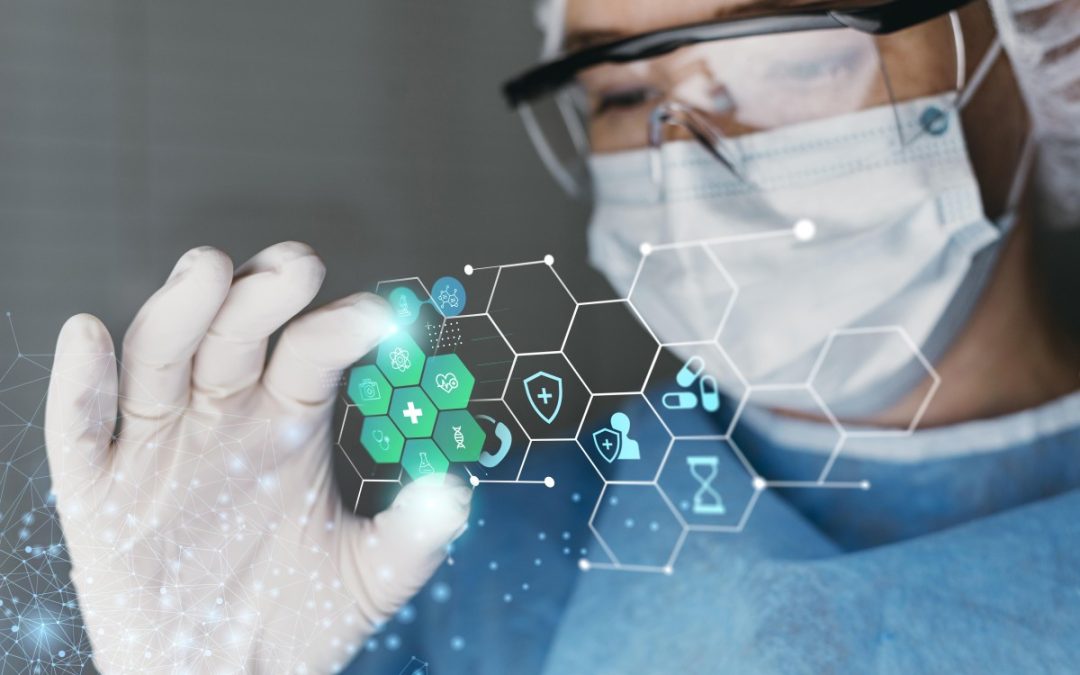Innovations in medical care are transforming healthcare, making it more effective, accessible, and personalized. Here are some of the most exciting advancements:
- Artificial Intelligence (AI) in Healthcare
AI is improving diagnostics, predicting diseases, and assisting in medical imaging.
Chatbots and AI-powered systems help with patient triage and monitoring.
AI-driven drug discovery speeds up the process of finding new treatments.
- Telemedicine & Remote Care
Virtual consultations allow patients to see doctors from anywhere.
Wearable health devices (like smartwatches) track vital signs and detect health issues early.
Remote monitoring helps manage chronic conditions like diabetes and heart disease.
- Personalized Medicine & Genomics
DNA sequencing enables treatments tailored to an individual’s genetic makeup.
Precision medicine helps target specific cancers and genetic disorders more effectively.
Pharmacogenomics optimizes medications based on genetic responses.
- Robotics & Automation in Surgery
Robotic-assisted surgery allows for precise, minimally invasive procedures.
AI-driven robotic arms help in delicate surgeries like neurosurgery.
Automation in hospitals improves efficiency and reduces human error.
- 3D Printing in Healthcare
Custom prosthetics and implants are now 3D-printed for better patient fit.
Bioprinting is being developed to create tissues and even organs for transplants.
Personalized surgical models help doctors plan complex procedures.
- Regenerative Medicine & Stem Cell Therapy
Stem cells are being used to treat conditions like spinal cord injuries and heart disease.
Scientists are exploring ways to regenerate damaged tissues and even grow new organs.
Gene therapy is helping correct genetic disorders at the DNA level.
- Nanotechnology in Medicine
Tiny nanoparticles deliver drugs directly to affected cells, minimizing side effects.
Nanobots may one day be used to repair tissues and clear blockages in blood vessels.
Cancer treatment is becoming more targeted and efficient with nano-medicine.
- Wearable & Implantable Health Tech
Smartwatches track heart rate, oxygen levels, and detect irregularities.
Implantable devices monitor glucose levels for diabetics and administer insulin automatically.
Brain-computer interfaces (BCIs) are being developed to help paralyzed patients communicate.
- CRISPR & Gene Editing
CRISPR technology allows scientists to edit genes and potentially cure genetic diseases.
Research is ongoing to use gene editing to treat conditions like sickle cell anemia and muscular dystrophy.
Ethical discussions are shaping the future of genetic modifications.
Blockchain in Healthcare
Secures patient data and prevents medical record fraud.
Improves data sharing between hospitals, reducing paperwork and medical errors.
Enhances transparency in drug supply chains to prevent counterfeit medications.

